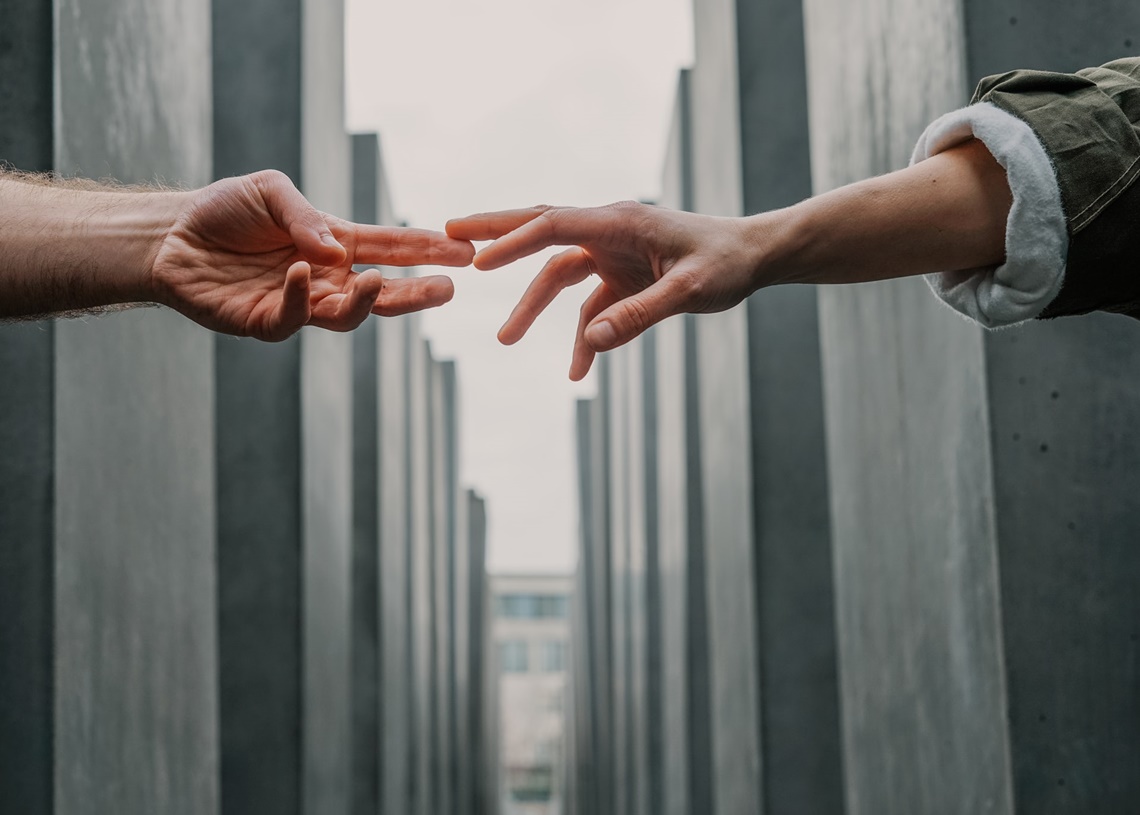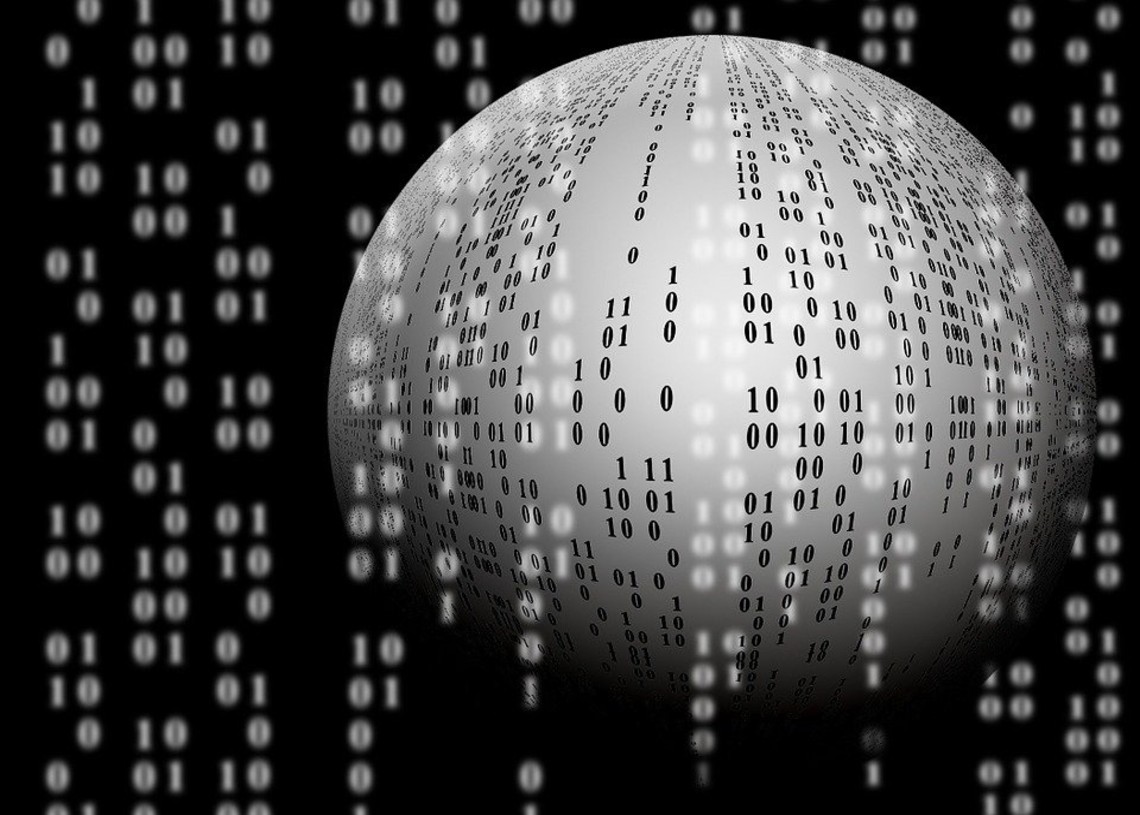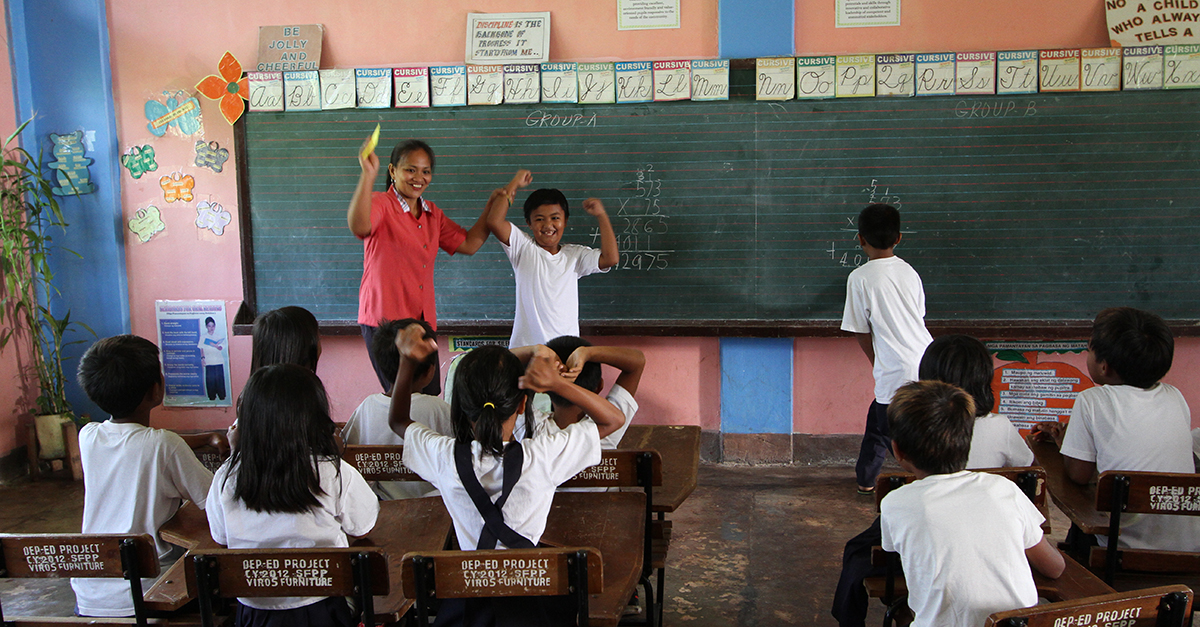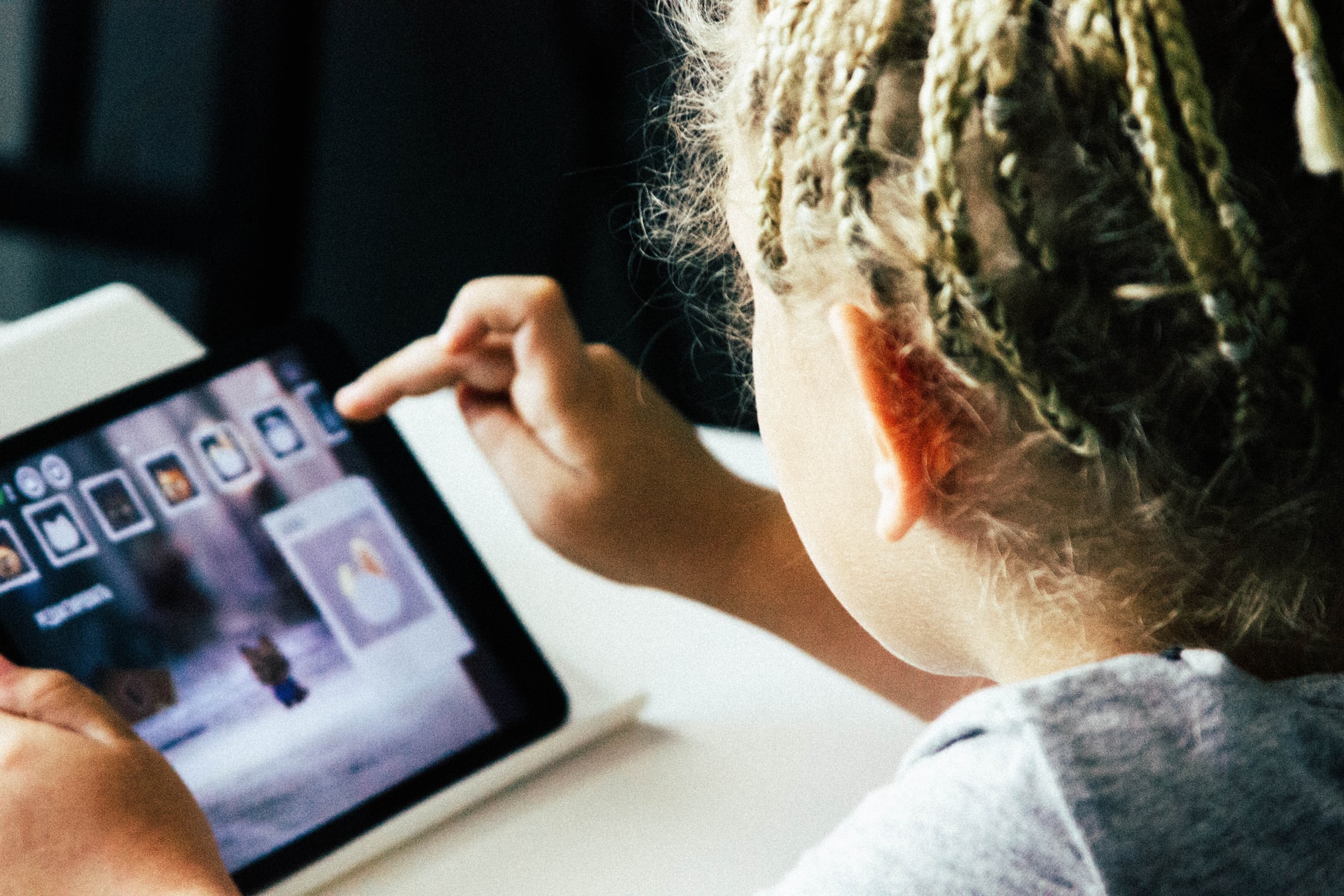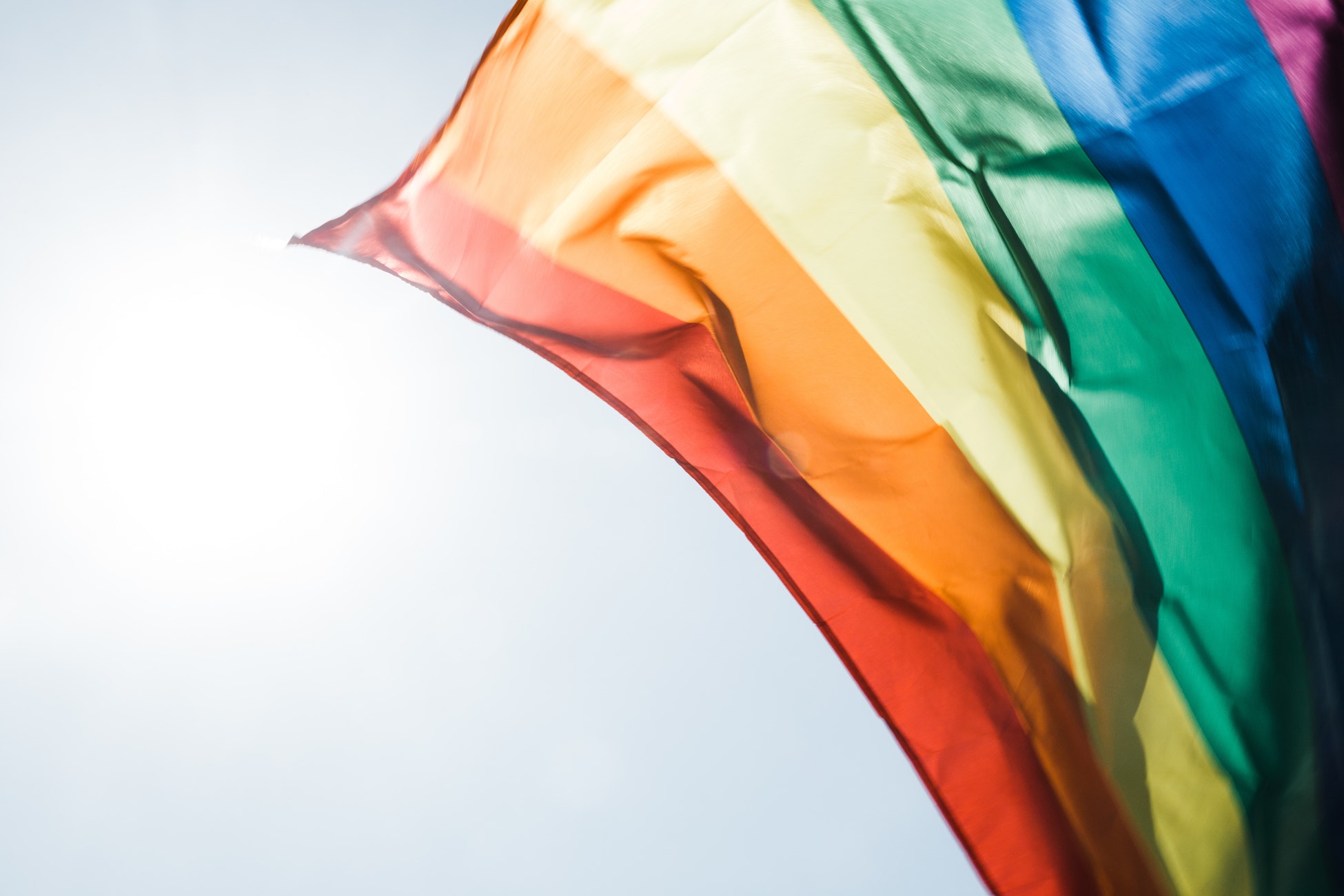Victims of alleged sexual assault from Scotland’s premium ballet school have used the power of connectivity to come forward and speak out against a senior staff member who inappropriately behaved with students for years.
In an increasingly disruptive and digital-driven era, the power of connectivity must not be underestimated. A recent study shows that by 2025, over 50 billion people from emerging countries are expected to use smart connected devices to fundamentally change their lives. Human connections are growing more and more important by the day, and from individuals to entities and governments, connectivity can open up endless new possibilities.
Ballet West victims discover the power of connectivity
The power of connectivity can also bring people from various walks of life together to fight for one common cause – social justice. Scotland’s renowned ballet school, Ballet West, is now under investigation for sexual misconduct and inappropriate behavior when several former students came forward with shocking allegations, some as old as 2004 and new as 2018, through social media.
The accused, whose identity is not revealed, has been made to resign voluntarily after a series of sexual misconduct allegations surfaced on social media. Shortly after, the board of trustees announced the launch of an independent external inquiry to investigate the accusations of over 60 former students and parents.
Although the facts are yet to be established and the preliminary observations following an internal investigation are still awaited, the board members have decided to accept his resignation so that further inquiry can be conducted freely. The accused teacher is also willing to cooperate with authorities and vigorously contest any accusations that bring dishonor to the school.
Why sexual assault survivors take years to come forward
One victim shared on social media that the teacher would groom her and force her to have sexual relations with him at a tender of 16. He abused his power for his own amusement, she wrote.
Another victim shared an equally horrifying story from her past and wrote that the accused had access to her room, and she had no privacy. He would come and go out anytime he’d like and threatened his victims of severe implications if anyone spoke out against him. He held a dominant position in the school, and he knew he could use it for personal benefit, said the traumatized victim.
However, more startling is that some of these victims took more than a decade to step forward and sound off the alarm. Social media, in this vein, has also proven a potent tool in tackling the scourge of sexual abuse. The misconducts largely involve isolating the victims. Connection to the outside world via social media is severely lacking in most victims’ lives during their time of victimization.
Connectivity as a fundamental need
It is important to realize that we are more connected than we can ever be in an ecosystem, and can use that power of connectivity if we are willing to make our voices heard even with great risk. The greatest enemy through all of history is intimidation. The more technology gains adoption, the world will someday be free of this tool of intimidation by capitalist entities.
The only counter-tool the common people have is the power of connectivity. And that’s also the greatest fear of aggressors – that the victims get connected and gain strength as for those trapped in isolation or living in life-threatening situations, connection to the outside world is the hope of freedom and survival. Those living in poverty, a connection is a pathway to a better life.
Until that day, they see a better way of living, a decentralized ecosystem, everything goes on the way it is, war after war, deeper poverty, calamities, and no lessons overturned into new learning.
The greatest thing about social media is that it has given a voice to the voiceless people.
Getting our connectivity back
According to 2018 and 2019 student surveys from the American College Health Association (ACHA), about 60% of respondents felt “overwhelming” anxiety, while 40% experienced depression so severe they had difficulty functioning. A 2019 Pennsylvania State University study noted that demand for campus mental health services spiked by 30-40% during a period that saw only a 5% increase in enrollment.
As Mitch Rankin has warned recently:
Connectivity is even more essential in the pandemic, but what should be ensured? Connectivity is essential for us to be united in mind, perception, and action. The connection allows energy to flow among people to act as one when they want someone to feel seen, heard, and valued.
Almost all of the countries in the developing world have skipped fixed-line infrastructure and leapfrogged directly onto a mobile technology platform. The rapid market penetration of mobile technology had entrenched mobile devices as the predominant form of communication in the developing world. Still, there’s that problem of centralization and control of these forms of communication.
Who among us will empathize with the man as he feels desperate about his circumstances? If you do, you have that connectedness. Let’s all hope that the blockchain connection will somehow be adopted throughout the globe and alleviate further suffering.
The World Economic Forum has stated that by 2025, 10 percent of the global gross domestic product (GDP) will be stored on a blockchain and blockchain-related technologies. Finally, consider this:
It’s not our connectivity, but our connectedness which connects us. – Dr. Kelly Page



